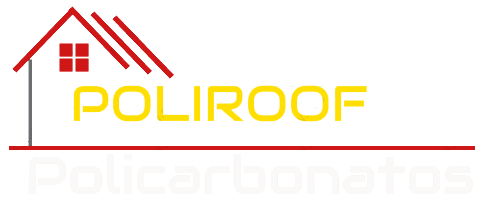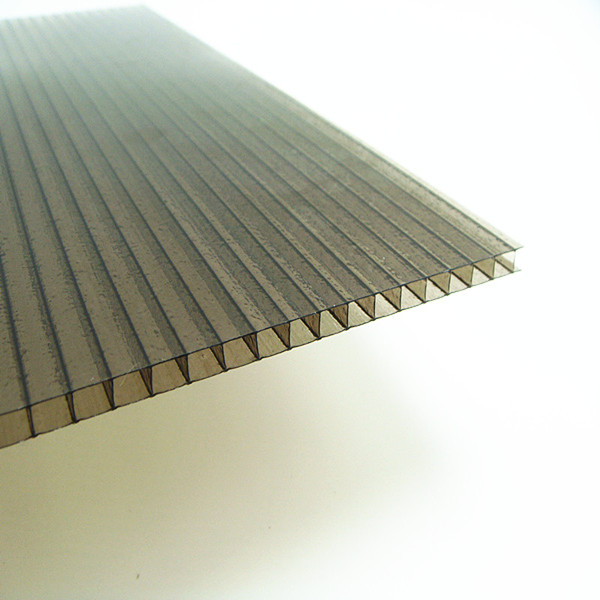Polycarbonate sheet is one of the most natural among all plastic products. It has a clear and translucent quality, is 200 times stronger than glass and 8 times stronger than acrylic plastic. It weights 16 times less than glass and is 6 times less than acrylic of the same thickness, which significantly reduces the cost of supporting structures.
Polycarbonate sheet is best known for its very high impact resistance, fine optical clarity and excellent fire performance. These unique qualities, along with the extended UV protection and insulating multiwalled structure of polycarbonate sheets, combine to provide the ideal glazing option for a range of domestic, leisure and industrial applications.
Polycarbonate sheet has a broad range of applications including:
• Conservatories and Greenhouses
• Secondary and Internal Glazing
• Industrial and Curved Rooflighting
• Lean to Greenhouse and Covered Walkways
• Swimming Pool Cover
• Industrial and Curved Rooflighting
General uses of Polycarbonate Sheet, depending on their thickness:
• 6mm – a material widely used for canopies, greenhouses, sheds and stained glass.
• 10mm – a material widely used for walls, roofs, greenhouses.
• 16mm – For a solid glaze vertical surfaces such as rooflights and noise barriers for motorways.
• 25mm – a roof over long spans such as large buildings and used for large loads.
Polycarbonate sheet has a UV high performance absorption layer co-extruded on the outer surface and is available in Clear and Opal and can be cut easily with a stanley knife or jig saw. Opal is a whitish/cream colour which is translucent but not transparent.
Main Advantages of Polycarbonate Sheet:
Polycarbonate sheet can withstand significant wind and snow loads, does not tear like plastic film, which makes them the best material for greenhouses. Thus, the polycarbonate sheets are resistant to shock and hail and are safe for glazing.
Emergency light, low specific gravity (Polycarbonate Roofing Sheet weighs 16 times less than glass and is 6 times less than the acrylic of the same thickness, which significantly reduces the cost of supporting structures).
High impact strength (polycarbonate sheet, as a viscous polymer is 200 times stronger than glass and 8 times stronger than acrylic plastic).
High temperature resistance (the properties of polycarbonate sheet have little dependence on changes in the environment, and the critical temperature at which the material becomes brittle, are outside the normal zone of operation in Ireland).
High insulating properties, low thermal conductivity (heat transfer coefficient 3.4 W / sq and the resistance of the transmission of heat is higher than that of conventional single-layered glass, which reduces energy consumption for heating and cooling by about 50%).
Excellent sound insulation – sound absorption of polycarbonate sheet is significant compared with single-layer materials and quenches the sound waves, making it great for applications like motorway barriers.






